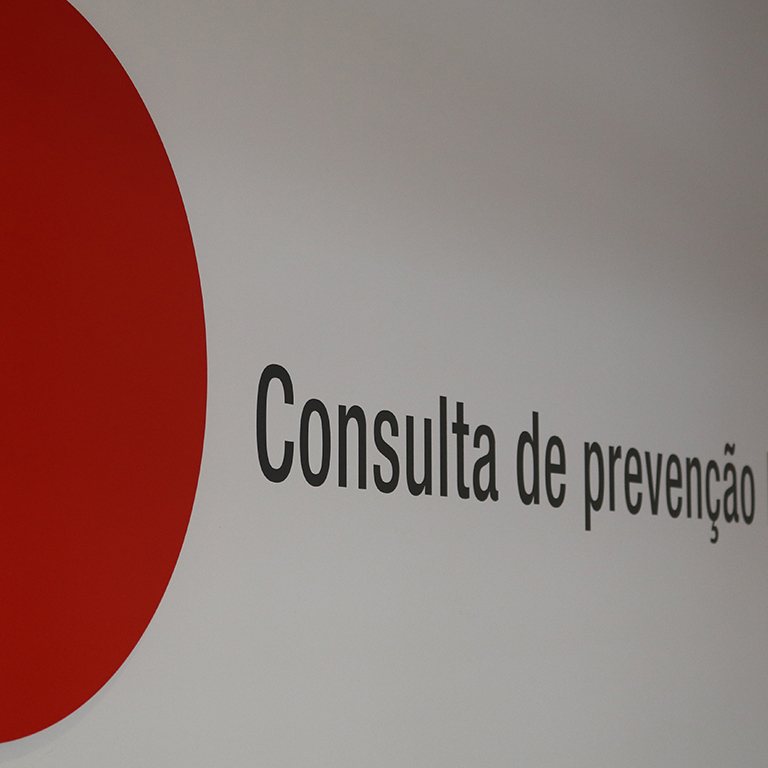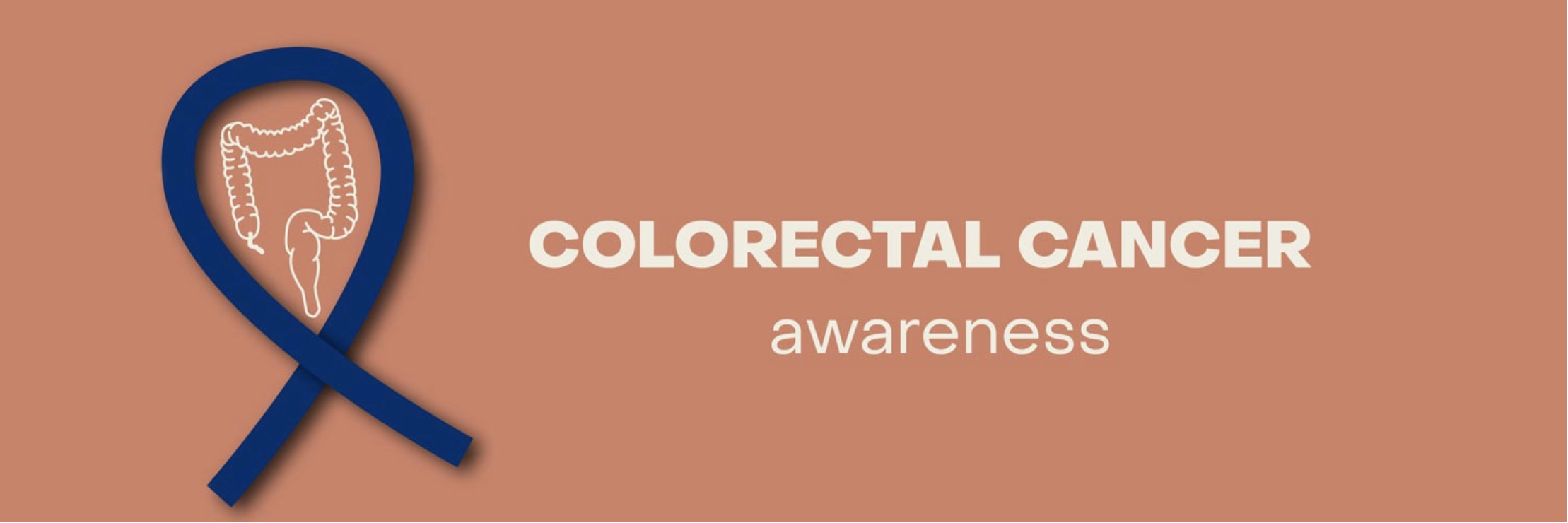Interview with Paulo Fidalgo
Paulo Fidalgo, 66, says that he has “two loves” at the Champalimaud Foundation: gastroenterology and oncological risk assessment. So it does not come as a surprise that he is both a gastroenterologist in the Digestive Unit of the Champalimaud Clinical Centre and the head of the Risk Assessment and Early Diagnosis Programme at this Centre. He was encouraged to become a gastroenterologist by his mentor and teacher, physician José Pinto Correia, “an exceptional figure in the History of Medicine and the person who most influenced a whole generation of doctors”, he says. In this interview, we talked about the rise of intestinal cancer in young people, diagnosing the disease, and about what he considers to be the ideal kind of screening to effectively prevent this cancer.
What is the current number of new colorectal cancer cases per year, in Portugal and worldwide?
Colorectal cancer is the second most frequent cancer in Portugal, with more than 7,000 (7 per 100,000) new cases per year. It is also the most lethal. At the global level, it’s the third most common cancer, with almost two million new cases in 2018 according to official numbers, and the second most lethal.
What I find a bit frustrating is that, though we have all the tools to reduce this incidence, it’s not decreasing. On the contrary, it is going up. So we have a problem at the health policy level, in Portugal and elsewhere: we are not succeeding in taking effective measures to fight the disease.
Is the incidence rising equally in all age groups, or in groups that were less affected before?
It’s rising in people under 50, and not only in Portugal, but also in many other countries. We call it early-onset colon cancer. Ten years ago, the frequency of colorectal cancer in people under 50 represented 5% of all cases, and now it’s at 10%. In just ten years, colorectal cancer cases have doubled among people under 50.
How do you explain this phenomenon?
The studies that have been done are not particularly directed to explaining the phenomenon. For now, what we know is that early-onset carcinomas have peculiar features: they tend to affect the sigmoid and rectum, which are the two portions of the intestine that are closest to the anus. They are carcinomas of the end-part of the gut, whereas usual colon tumours are more evenly distributed throughout the colon.
Some studies have been performed and one of the findings from those studies is that, in the vast majority of the “young” cancer cases, it was not possible to identify any hereditary basis. In a large genetic study of constitutive, germinal mutations – which are determining factors for colorectal cancer risk –, only 15% of the early-onset tumours had genetic changes that constitute a significant risk for cancer. In the remaining 85% of cases, this cancer appears to be sporadic or caused by acquired lifestyle effects – maybe even by lifestyles acquired very early, in childhood or adolescence.
Is this related to dietary habits?
Today, we classify lifestyle based on five parameters: physical exercise, smoking, alcohol consumption, excess weight and non-adherence to the Mediterranean Diet. This last parameter, also called “oncologic stress”, characterises how distant a person’s dietary habits are from the concept of an adequate diet to prevent cancer, that is, from the Mediterranean-type diet.
But why would younger people get more colorectal cancer? Aren’t they more aware than older people of the importance of a healthy lifestyle?
I’m not sure they are. At the Foundation, we perform cancer risk assessments in healthy people, and the thing is that young people have unhealthy lifestyles. More often than not, they have adverse lifestyles, perhaps even more frequently than older people.
What we try to know, when we interview people who come to us for cancer risk assessment, basically concerns their habits of the past 12 months (we never ask them about their childhood). And it is more often the older people who have already realised that they have to change their lifestyle, not the younger ones in their thirties.
Have there been any studies to try to understand why more young people are all of a sudden developing colon cancer?
Not yet. But this has become a hot topic among the scientific community. Trying to understand how, in such a short period of time, right under our eyes, the epidemiology of colorectal cancer has changed to the point that a series of young people are developing this cancer.
Moreover, early-onset colon cancer can put patients at a serious disadvantage because it is sometimes lately diagnosed. This is due to the fact that blood loss, which still is a dominant element of suspicion for colon cancer, is generally attributed, in young people, to benign causes, such as haemorrhoids. And it is because of this contemplative attitude in the face of recurrent complaints from a patient that the diagnosis is not made in a timely manner. Nobody believes that a person is going to develop colorectal cancer at the age of 40.
How long do colorectal cancer symptoms take to manifest themselves?
According to our calculations, from a benign polyp to an intestinal cancer, the process takes 10 years on average. But we still don’t know for certain that the same is true for early-onset colorectal cancer, because it might not progress at the same speed as more classic tumours. There might be an accelerated rate of progression for early-onset. We don’t know.
At what age does colorectal cancer screening begin?
Until now, it was recommended to start screening at the age of 50. But for three years now, the U.S. Multi-Society Task Force on Colorectal Cancer and the American Gastroenterological Association have strongly recommended to begin screening at 45.
What about Portugal? Has anything changed?
Not officially. The funding authorities of the SNS (the Portuguese National Health System) are very slow when it comes to adopting this type of changes, because they think this will make the system more expensive.
What is officially recommended for colorectal cancer prevention in Portugal?
A fecal occult blood test, every two years, starting at 50 years of age.
Can intestinal cancer be prevented?
If we divide healthy lifestyles in five levels, we know that people who score the maximum level have a reduction of 50% of the incidence of colorectal cancer. This is a very strong prevention measure and it doesn’t take any medication: it’s just about changing dietary habits, avoiding excess weight, not smoking, not ingesting too much alcohol, and practicing physical activity. And it even reduces the incidence of colorectal cancer in high-risk groups. That is, people who are carriers of high-risk genetic mutations can also significantly benefit from a healthy lifestyle. This has already been well-demonstrated. Though there is also an important genetic determinism, lifestyle still plays a very important part in prevention.
The second element that gastroenterologists consider paramount to preventing colorectal cancer is the removal of intestinal polyps when they are benign. If we were able to remove people’s polyps, they would never develop intestinal cancer. All intestinal cancers stem from polyps.
Even for those with lifestyles that don't follow any of the recommendations?
We never put this to the test [laughs], but the feeling we have is that there is nothing better than removing people’s polyps.
What are the symptoms of colorectal cancer?
For colon and rectum cancer, symptoms are the thing we don’t want to see. We don’t want people to be diagnosed because they have symptoms. What we want is to make the diagnosis before there are any symptoms. Anyway, the dominant symptom of more advanced disease is blood loss. It’s the most important wake-up call.
Today, who should be screened for this cancer? And with what type of screening procedure?
If I was in charge, I would say that everyone should start doing colonoscopies at 45 years of age if they don’t have any augmented risk for the disease. If they have an augmented risk – a story of the disease or of advanced polyps – among their nuclear family members (father, mother, brothers), they must start screening either at 40 or ten years earlier than the age of the youngest case in the family when he or she was diagnosed with it. People with augmented risk must have a colonoscopy every five years, while the rest of the population can do it every 10 years – if the colonoscopy was performed in optimal conditions.
A number of services, on their own initiative, promote an enhanced screening version based only on colonoscopy. As to the people with an augmented risk because of a familiar history of the disease, gastroenterologists think they should not be tested for fecal occult blood; they should always be screened only by colonoscopy.
By Ana Gerschenfeld, Health & Science Writer of the Champalimaud Foundation.


